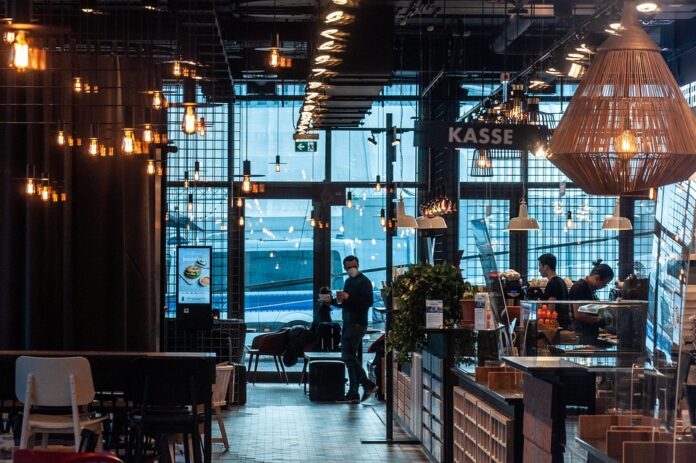The Evolution of Customer Loyalty in Coffee Shops: Personalization and Retention
In recent years, the coffee shop industry has seen a significant shift in how businesses approach customer loyalty. With the rise of technology and changing consumer preferences, coffee shops have had to adapt their strategies to stay ahead of the competition. One of the key trends that have emerged is the focus on personalization and retention, as businesses strive to create loyal customers who keep coming back for more.
The Importance of Customer Loyalty in the Coffee Shop Industry
Customer loyalty is crucial for the success of any coffee shop. Loyal customers not only bring in repeat business but also act as brand advocates, spreading positive word-of-mouth and attracting new customers. In a competitive industry like coffee shops, where there are often multiple options for consumers to choose from, building strong customer loyalty can make a significant difference in a business’s bottom line.
According to industry data, it is estimated that acquiring a new customer can cost five times more than retaining an existing one. This highlights the importance of focusing on strategies that promote customer loyalty and retention. By investing in building relationships with existing customers, coffee shops can increase their revenue and profitability over time.
The Shift Towards Personalization
One of the key strategies that coffee shops have adopted to increase customer loyalty is personalization. By understanding the preferences and behaviors of their customers, coffee shops can tailor their offerings to meet individual needs and create a more personalized experience.
Many coffee shops now use customer relationship management (CRM) systems to track customer data and analyze purchasing patterns. This data can then be used to send targeted marketing messages, personalized promotions, and recommendations based on individual preferences. By personalizing the customer experience, coffee shops can create a stronger emotional connection with their customers and increase loyalty.
Case Study: Starbucks
Starbucks is a prime example of a coffee shop that has successfully implemented personalization strategies to drive customer loyalty. The company’s mobile app, Starbucks Rewards, allows customers to earn points for every purchase and receive personalized offers based on their preferences. Starbucks also uses data analytics to track customer behavior and send targeted promotions to encourage repeat visits.
As a result of these efforts, Starbucks has seen a significant increase in customer loyalty and retention. In its most recent financial report, Starbucks reported that loyalty program members accounted for 41% of U.S. sales in the second quarter of 2021. This demonstrates the impact that personalized loyalty programs can have on a coffee shop’s bottom line.
Challenges and Opportunities
While personalization can be a powerful tool for increasing customer loyalty, coffee shops also face challenges in implementing these strategies effectively. One of the main challenges is data privacy concerns, as customers may be wary of sharing their personal information with businesses. Coffee shops must be transparent about how they collect and use customer data to build trust and ensure compliance with regulations.
Despite these challenges, there are also significant opportunities for coffee shops to leverage personalization to drive customer loyalty. By investing in technology and data analytics, coffee shops can gain valuable insights into customer behavior and preferences, allowing them to create more targeted and personalized experiences.
Conclusion
In conclusion, the evolution of customer loyalty in coffee shops has shifted towards personalization and retention. By focusing on building strong relationships with customers and tailoring their offerings to individual preferences, coffee shops can increase loyalty and drive repeat business. As the industry continues to evolve, coffee shops that invest in personalized loyalty programs and data analytics will be well-positioned to thrive in an increasingly competitive market.



